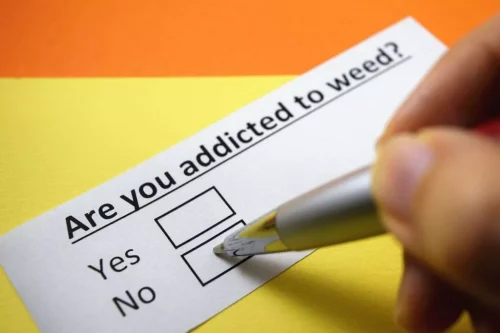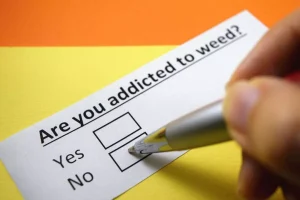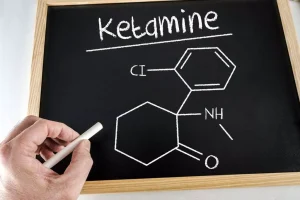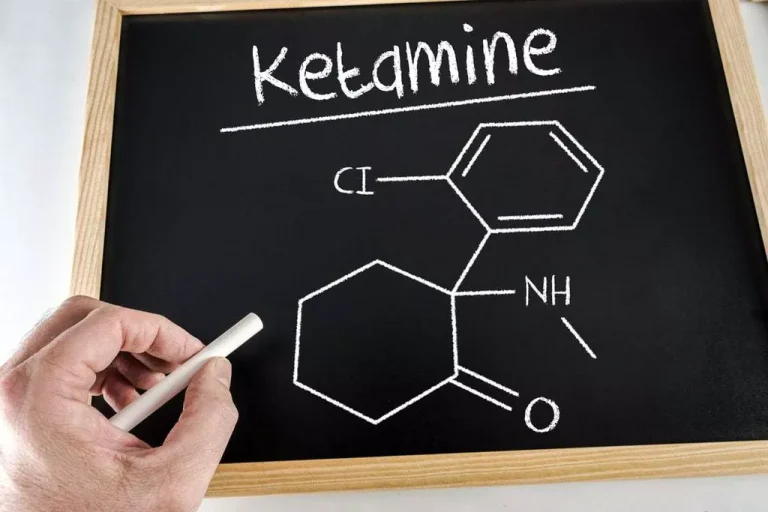Beyond the acute withdrawal phase, the brain faces a monumental task of rebalancing its chemistry. Heavy drinking disrupts the delicate equilibrium of neurotransmitters, particularly affecting the dopamine system responsible for pleasure and reward. Chronic heavy drinking leads to a decrease in dopamine receptors, which can cause us to feel a lack of pleasure and motivation when we try to quit.
Enforcing Boundaries for Common Holiday Triggers
- These social hurdles can significantly impact an individual’s recovery journey and require careful navigation.
- Studies have shown that gratitude can improve your mental wellbeing and actually help you make better decisions.
- The structure of these programs is designed to provide a sense of community and accountability, as well as to provide a sense of community and accountability.
- Learn more about our approach to alcoholism treatment or call our admissions navigators 24/7 to discuss your options today.
- You won’t have to think about yourself as a person with no self-control or someone who says stupid things when drunk.
AHCCCS did not appear to grasp the scope and complexity of the fraud scheme for another year, despite red flags and the spike in payments to treatment programs, Adams said. The Arizona Republic last year also reported that a medical director at the agency became concerned in 2021 about unsafe behavioral health settings. But the failure to communicate licensing changes to staff made the agency and program even more vulnerable. The deaths, almost all from drug and alcohol use, span from the spring of 2022 to the summer of 2024, according to a review of records from the Maricopa County Office of the Medical Examiner. Over half died as officials ignored calls to address lax oversight later shown to have contributed to thousands of patients being recruited into sham treatment programs. “For me, BERO is personal. After two years on my sobriety journey, I wanted to create something that reflected my lifestyle and values,” Holland said.
A Note About Celebrating Without Alcohol
This newfound clarity allows for better responses to life’s challenges and setbacks, enabling individuals to address emotions in healthy ways rather than relying on substances as a coping mechanism. Breaking the cycle of addiction can positively influence children and future generations by demonstrating healthy behaviors and coping mechanisms. Substance abuse and addiction can be passed down through generations, often due to learned behaviors and environmental factors. By choosing sobriety, individuals interrupt this cycle and prevent their children from inheriting the same struggles. Substance abuse can lead to unpredictable and unsafe situations for children.
- Here are 10 reasons to remind yourself why it’s worth every bit of you to stay clean and sober.
- Two hugely negative emotions that undoubtedly contribute to relapse is “shame” and “guilt”.
- Substance use, particularly alcohol and drugs, hijacks the brain’s natural reward system.
- “Some people would say no; some people would say yes,” Magee said, adding that she worked with property owners to find shelter for clients and also bought property to house them.
There’s Life Beyond Addiction
If you’ve ever heard of the term “sober curious,” you may be wondering how it’s different from month-long sobriety challenges like Dry January or Sober October or even being completely sober. But living a sober curious lifestyle is different, and here’s why. The late recovery stage is about maintaining long-term sobriety and continuing personal growth. While the risk of relapse decreases, complacency can become a significant threat.
Is Sobriety More Than Just Not Drinking?
And while many people enjoy the numbing of pain, sadness, and fear… It also prevents the experiencce of love, compassion and happiness. Being able to feel is a tremendous gift, one that we have the luxury of exploring. Staying sober is fun and incredibly rewarding, but these are 40 tips for the times when staying sober is easier said than done. There will be days that are hard and on those days, you’re going to be thankful you scheduled time to check in and not feel overwhelmed. Regardless of a good or bad day, check in with your mind and body, how hard the day was, what some triggers you noticed were, and how you avoided them or lessened them.
Someone who is sober does not use alcohol at all because they have alcohol use disorder, which is a diagnosable medical condition. Someone who is sober curious may not meet the medical criteria for alcohol use disorder, or they may not intend to give up alcohol permanently. While not exclusively for sober people, Hinge lets you filter potential matches based on their drinking, smoking, and drug habits. If you’re ready to start on your path toward sobriety, American Addiction Centers (AAC) can help. Alcohol.org is a subsidiary of AAC, a nationwide provider of addiction treatment centers offering a combination of proven therapies and services to meet your individual needs.
Coping With Relapse and Seasonal Affective Disorder
After three weeks without drinking, the body has already started to heal. Addiction can fundamentally affect your brain chemistry and perceptions, and being sober prompts a “rewiring” of many of these neural pathways. This is something you can do online, face-to-face with a friend, or, if all else fails, a mirror. Having a conversation triggers parts of your brain you don’t access when you’re thinking about something on your own. While having a conversation with other people is ideal as they offer new insights and lines of thinking, talking your obstacles out loud to yourself doesn’t hurt either. Similar to getting a new job, sober house another way you can fill your time is volunteering.
This is partly due to the brain’s chemical imbalance as it adjusts to functioning without substances. Additionally, years of relying on alcohol or drugs to cope with difficult emotions leave many individuals ill-equipped to handle these feelings sober. Nobody likes to think that they might end up with liver disease or other substance-related health problems. But people are diagnosed with these diseases every day, and if you abuse alcohol or drugs regularly, chances are high that you’ll eventually be one of them. When you’re sober, you don’t have to worry about developing life-threatening complications from your habits. You can try to avoid the conversation, but it’s good to have a response ready in case that’s not possible.
It’s much easier to stop after one glass when you’re not staring at an open bottle. Invest in a jigger or a wine measure to keep track of your pours. Sticking to the recommended 14 units per week can help you maintain balance while staying mindful. It’s a members-only subscription platform with a strict vetting process, which ensures connections with real people. More than a date finder, this app also features daily tips, talks with recovery experts, and a buzzing social network.
- It disrupts the sleep cycle, particularly the REM stage, crucial for mental restoration.
- Dry January also has a Facebook page, where participants can post anonymously, which Piper said offers an extra level of support.
- The social aspects of maintaining sobriety present unique and often underestimated challenges.
- If someone asks why you’re not drinking, keep it light and simple.
- Chris Marshall, a substance use counselor, found there were no social places without alcohol.
- Let’s look at the financial benefits of sobriety in more detail.
As ludicrous as it sounds, it’s actually easier to stay sober than it is to get sober. Recovery is a personal choice that must be made by an individual alone, and one that requires ongoing decisions to stay sober. Making the decision to stay sober is a difficult one, but it can be made with the right support and resources. It is important to remember that recovery is a journey and that it is a journey. Individuals who stay sober contribute to the overall well-being of their communities by reducing crime rates, increasing productivity, and fostering healthier relationships.
However, keep in mind that saying no to a field sobriety test can have consequences. You might face penalties like losing your driver’s license or other legal issues, depending on local laws and regulations. Individual reasons for becoming sober https://appsychology.com/living-in-a-sober-house/ range from everything from wanting more energy, to having contraindicated medications – such as Adderall and alcohol. Drinking non-alcoholic beer can not only break sobriety, but it can also open an individual up to other dangers such as peer pressure and cravings.
Embracing a sober life with or without rehab is not only beneficial for your mental health but also your physical health. From weight stabilization to lower blood pressure and a stronger immune system, living a sober life can make you feel healthier and more energetic. Alcohol and drug abuse can wreak havoc on your ability to manage emotions effectively, leading to mental health issues. This can create a vicious cycle of using substances, such as drugs, to cope with negative emotions, only to feel worse afterward.
Have an open mind, but for a few of us in recovery, this does work. When you catch yourself thinking of drinking, of wanting nothing more than to have one glass of whiskey, then stop and close your eyes. Take that thought and imagine it as a fish and let it float out of your vision. It begins a process of “thinking of thinking” and as strange as it may seem, it helps pull you out so you can calmly observe from afar.
Some are as personal to addicts as their reasons for using, but others are more universal. Nine of those are listed here if you need some inspiration to get sober or to assist you with a battle against temptation or difficulty. If there’s someone in your life that you lost to addiction or that doesn’t do the right things because he or she is an addict, maybe you should stay sober just so that you are not like that person. While we don’t want to encourage pointing fingers, it is okay for you to have a goal of NOT being like someone.













